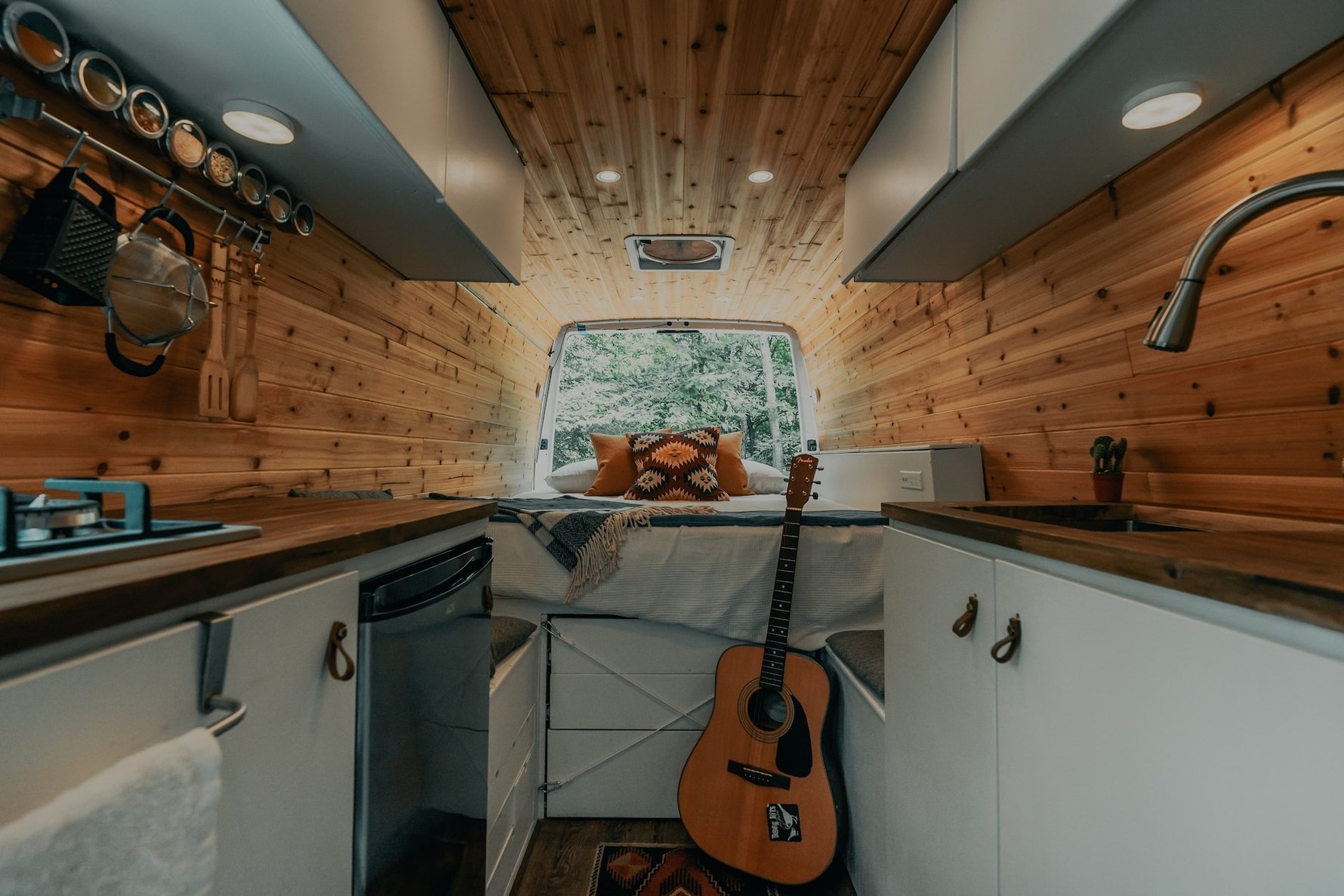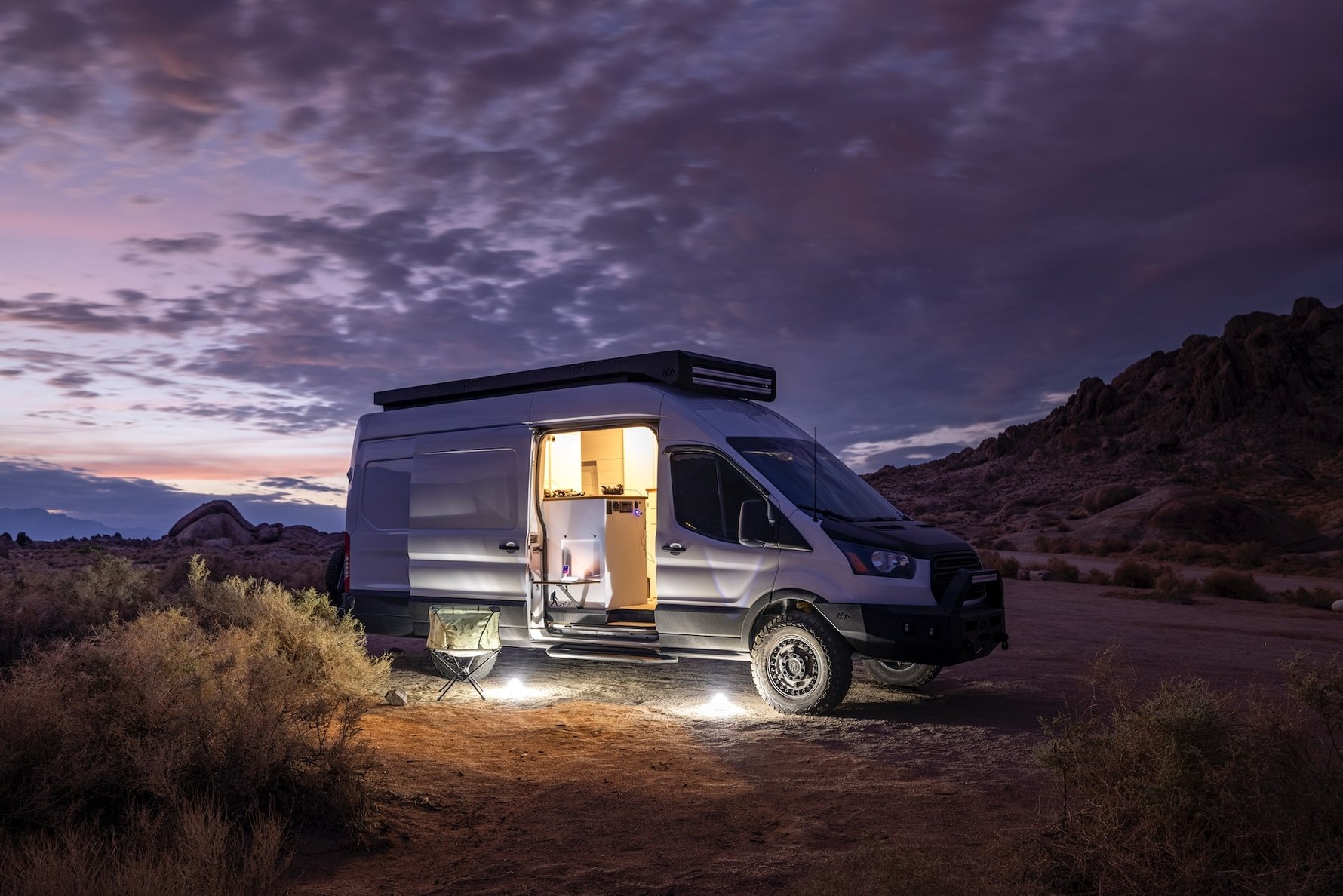In this article, we'll walk through the key factors that impact the costs of owning and operating both vans and cars. We'll also discuss the benefits of each when it comes to urban exploration so you can weigh the tradeoffs. There's a lot to consider, from gas mileage and insurance to maintenance and cargo capacity. We'll help break it all down so you can make the best decision for your specific needs and budget.

Factors Impacting Van vs Car Costs
Purchase PriceOne of the first things you'll notice when shopping for vehicles is that vans tend to cost more upfront than cars. The purchase price for a used van can easily be $5,000-$10,000 higher than a comparable used car with similar mileage. Vans are purpose-built as cargo and passenger haulers, with stronger frames, bigger engines, and more interior space. These features come at a premium compared to basic passenger cars. Of course there is variability depending on the make, model, year, and condition, but in general you can expect to pay more out-of-pocket when buying a van.
Fuel Efficiency and Gas Prices
With their larger engines and heavier builds, most vans get significantly worse gas mileage than cars. The EPA estimates gas mileage for 2022 models show compact cars averaging 31 mpg city/41 mpg highway while minivans and full-size vans average closer to 19/26 and 17/24 respectively. That difference really adds up when you're putting thousands of miles on the odometer exploring cities across the country. At $4 per gallon, a van getting 17 mpg will cost almost twice as much in fuel to go the same distance as a car getting 31 mpg. Monitoring gas prices and planning your route to minimize fill-ups can help keep costs down.
Insurance Costs
Insurance is another area where vans cost considerably more than cars. Vans are more expensive to buy which increases the premiums. They also have a higher theft risk due to potential cargo value. Minivans can have premiums 1.5-2x the cost of insuring a medium sedan while full-size cargo vans can be 2-3x as expensive. Getting quotes from multiple providers can help find the best rate.
Maintenance and Repairs
The maintenance costs for vans are also typically higher than for cars. With larger engines, heavier duty parts, and more mechanical systems, more can go wrong. Oil changes require more oil and larger/more expensive filters. Tires, brakes, and other components cost more to replace. Repairs are often more complex, needing more diagnostic time and pricier van-specific parts. And finding qualified van service can be trickier than maintenance for everyday passenger cars. Proper preventative maintenance is crucial to minimizing major repair costs down the road.
Depreciation/Resale Value
Most vehicles lose value over time, but vans depreciate faster than comparable cars. Strong initial demand keeps used car pricing high. But the very specific utility of vans limits interest in the used market, driving greater depreciation. Owning a van likely means taking a larger loss when it comes time to sell or trade-in.

Benefits of Vans for Urban Exploration
More Space for Gear and PassengersThe #1 advantage of choosing a van for city exploration is all the extra interior room. Unlike cramped cars, you can load a van up with all your equipment and luggage while still having space to sleep and move around. If you plan to bring friends, they'll appreciate the extra elbow room too.
Ability to Sleep Inside
Many vans allow you to install beds and create a mini-camper capable of sleeping 1-4 people. This flexibility means always having lodging without needing hotels or paying for camping sites. For extended urban exploration across multiple cities, the ability to sleep in your van can make a big difference in keeping costs down.
Customizable Interior
Along with extra space, vans provide the opportunity to customize the interior layout to suit your exact needs. You can build in storage, beds, a mini kitchen, power supply, and really personalize it as a comfortable living space for long trips. Cars simply don't offer that kind of flexibility and customizability.
Stealth Camping Capabilities
The boxer exterior of vans also allows you to install curtains/shades and fly under the radar when parked overnight. Cars aren't as inconspicuous which can limit where you can get away with impromptu camping on longer drives between cities. If stealth camping is part of your plan, a van is much preferred.
Better Visibility of Surroundings
Being up higher in a van provides more visibility as you drive around unfamiliar cities which can help avoid accidents. The extra glass increases your sight lines and awareness of pedestrians, turns, and obstacles compared to lower passenger cars. Greater visibility adds safety and confidence navigating congested urban areas.
Easier Parking/Navigation in Cities
Despite their larger size, vans can actually be easier to park and drive in cities than cars. The boxer shape and 90 degree front end make navigating tight spaces simpler. Optional backup cameras and proximity sensors also aid larger vans in cities where car mirrors can be inadequate. Plus you can see over smaller cars allowing you to anticipate obstacles better.

Benefits of Cars for Urban Exploration
Better Gas Mileage and Lower Fuel CostsAs discussed earlier, cars get significantly better fuel economy than vans which saves money at every fill-up. The MPG difference can be substantial, with compact cars achieving almost twice the mileage of full-size cargo vans on highways. If keeping gas costs down is a priority for your urban travels overseas or at home, a car is the clear choice.
Lower Insurance Premiums
Similarly, insurance premiums will be cheaper overall for cars vs comparable vans. The lower purchase cost, smaller engine size, lighter weight and reduced theft-appeal all contribute to lower rates for cars. Saving on insurance makes the ongoing cost of car ownership less than vans in most cases.
Easier to Drive and Park
Cars have a much smaller footprint giving you greater maneuverability in cities. Tight parking spaces, congested streets, and quick lane changes are simply easier. The typical car shape provides better aerodynamics and responsive handling too. In certain conditions, cars can be less fatiguing to drive than larger vans.
Better Performance and Handling
In addition to nimbleness, cars are often engineered for performance and fun driving dynamics. You'll find more powerful engines and tuned suspensions even on base economy cars compared to utilitarian vans. If driving enjoyment factors into your city explorations, cars deliver a much livelier experience.
More Affordable Purchase Price
As touched on earlier, you can buy a reliable used car for much less money upfront than a comparable van. The lower initial cost makes cars accessible to more budgets. And less cash tied up in your vehicle means more for other parts of your city adventure.
Higher Resale Value
Finally, because of high demand in the used market, cars hold their value exceptionally well year-over-year. Reselling or trading in your car is far more likely to recoup a bigger percentage of your initial investment than doing the same with a used van years later. Stronger resale value reduces the depreciation costs of owning a car.

Key Factors to Consider
Number of PassengersIf you plan to frequently have multiple passengers, a van provides more comfortable transport. But for primarily solo or couple travel, a car should suffice space-wise. Matching your vehicle size to the number of people is better than overbuying for occasional peak capacity.
Road Conditions Encountered
Vans can more easily handle potholes, flooding, ground clearance issues, and other road hazards thanks to their stouter construction. If your exploration will involve lots of rough backroads and primitive campsites, a van may be better equipped. For mainly paved streets though, cars handle fine.
Amount of Cargo/Gear Needed
Assess how much storage you'll need for equipment, luggage, tools, and other gear. Vans provide far more cargo capacity which is beneficial on longer trips with more supplies. But if packing light, cars can accommodate a reasonable amount of gear too. If traveling with a pram, make sure to choose a vehicle with enough storage capacity.
Camping Accommodations
If having lodging always available via sleeping inside the vehicle is key, vans are much better suited to converting into a camper. If you plan on hotels, hostels, rentals, etc, then space for beds isn't a concern which removes a van benefit.
Parking Situations Availability
In certain congested cities, a van may have trouble finding parking compared to smaller cars that can squeeze into tight spots. If parking challenges are anticipated, a more compact car may be the call. But vans still work well for many urban scenarios with a little creative parallel parking.
Driving Range/Distance Needed
Vans typically have larger fuel tanks allowing greater range between fill-ups. If your city explorations involve long drives between destinations, less frequent stops for gas are a plus. For shorter hops between cities, range is less of a differentiator.


Comments